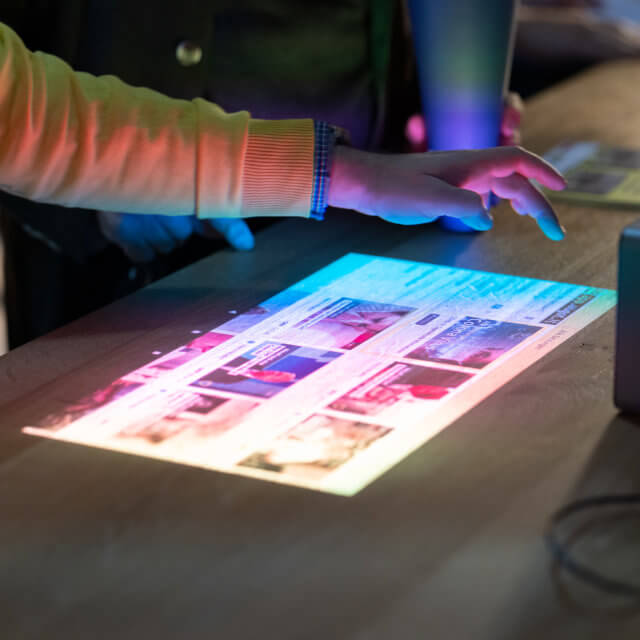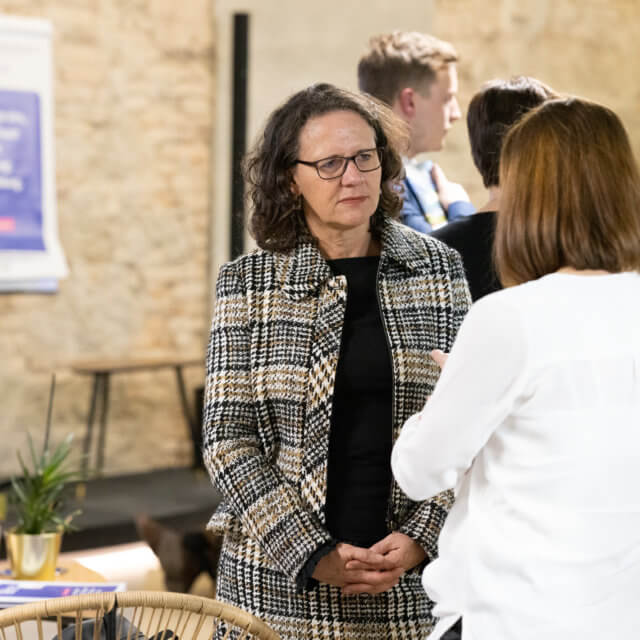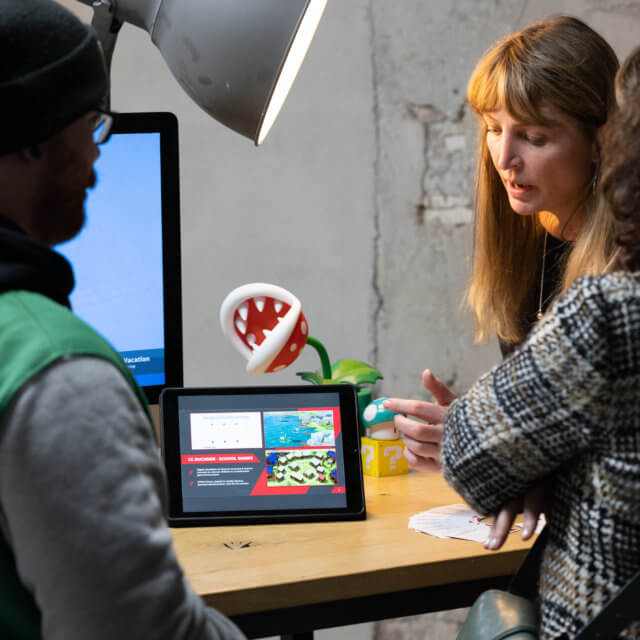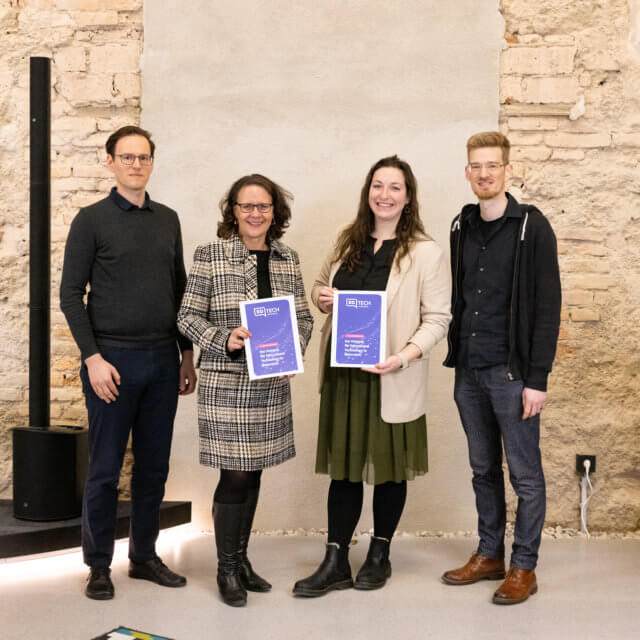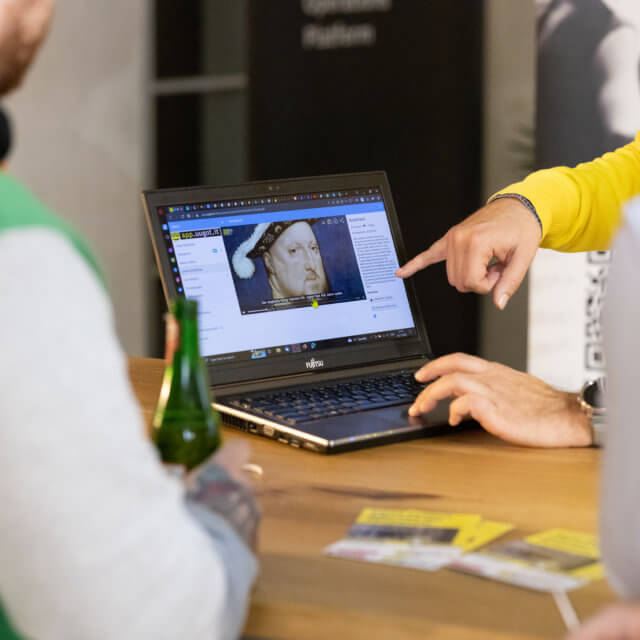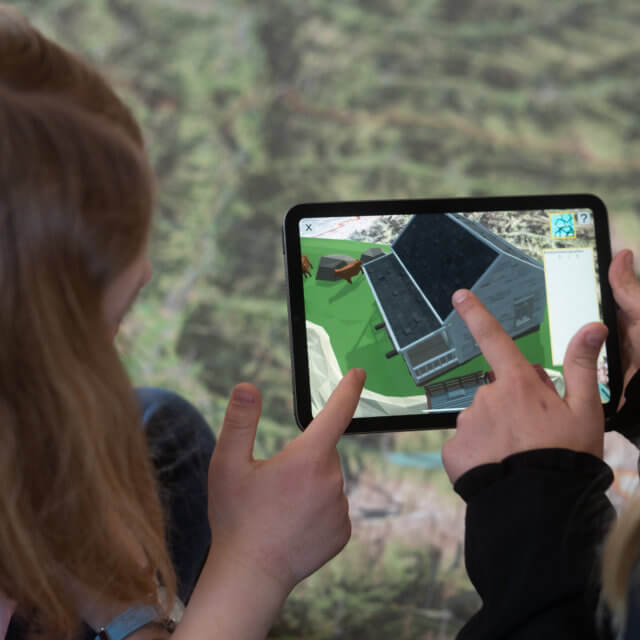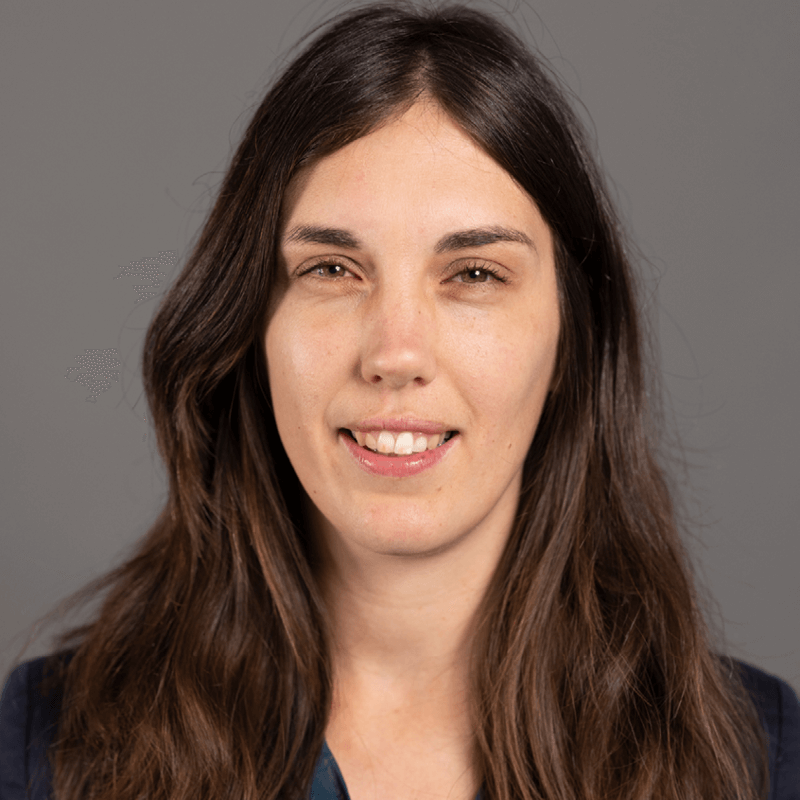EdTech Austria Roadshow: Try out education technologies
The EdTech Austria Roadshow made a stop at the Altes Mühlhaus in Salzburg on Wednesday, November 30. At the roadshow, visitors were able to find out how they can use digital applications for their own purposes, whether at school, university or for further education in their professional lives.
Providers of digital applications were on hand, as were education experts and scientists, and decision-makers. The roadshow stop in Salzburg was the last of a total of three: on Wednesday, November 23 in Vienna and on Monday, November 28 in Linz, interested parties were also able to find out more about digital education. A total of one hundred and twenty visitors from schools, universities, companies, science and politics took part in the three stops of the roadshow.
“Our roadshow was about learning about digital education and getting a taste of possible applications. We want to motivate teachers at schools and universities, but also representatives of companies, to use digital learning methods. EdTech can simplify and improve learning, but it can also help with the organization and administration of lessons,” says Julia Pichler, project manager at EdTech Austria.
Learning through experience
At the roadshow in Salzburg, the focus was on how to use digital means to create interactive experiences that support learning and how this can be used in the classroom in particular. Markus Tatzgern, Professor of Mixed Reality and Game Development at the Salzburg University of Applied Sciences, explores how this can look in concrete terms using augmented and virtual reality* as an example. Together with the University of Salzburg and the Salzburg University of Education, Markus Tatzgern is researching the use of virtual and augmented reality in the classroom in the “EdTech Salzburg Augmented Learning Lab”. To this end, the research team is adding digital content to a 4×4-meter physical map of Salzburg, which is used in Salzburg’s schools for subject lessons. For example, AR content is used to visualize the journey of milk from the farmer to the store: Where does the milk come from? How are cows kept in Salzburg? And how does the milk get to the shelf in the supermarket? The project helps students understand complex issues more easily with the help of practical examples.
“Virtual and augmented reality can each enrich lessons in different ways. Virtual reality, for example, enables virtual excursions through history, or physics experiments in a safe environment. Augmented reality, for example, enhances existing analog classroom materials with digital content. What is important for successful learning is that suitable didactic concepts are developed for the use of technologies,” says Markus Tatzgern.
EdTech Tasting: try it out and get to know it
Interested parties were able to try out technologies for education directly from Austrian providers on site and see for themselves that they can positively influence learning. For example, they were able to immerse themselves in virtual worlds using VR glasses to learn through experience with the Salzburg-based company Polycular, solve math problems with the app from the startup MatheArena, and learn languages with the video-based tool from uugot.it.
Salzburg is Austria’s EdTech center
EdTech Austria makes Salzburg a place where digital education offerings are developed and tried out. “With the help of EdTech Austria in Salzburg, a lot of research and innovation has been launched in recent years. Salzburg is thus becoming a model region for digital education and an EdTech center in Austria,” says Provincial Councilor Daniela Gutschi, who was a guest at the roadshow and was enthusiastic about the productive exchange on site.
*Augmented Reality: computer-based extension of reality, for example by displaying additional information or images on the smartphone.
**Virtual Reality: immersion in a digital world by means of VR glasses.
More articles
The following articles might also interest you.
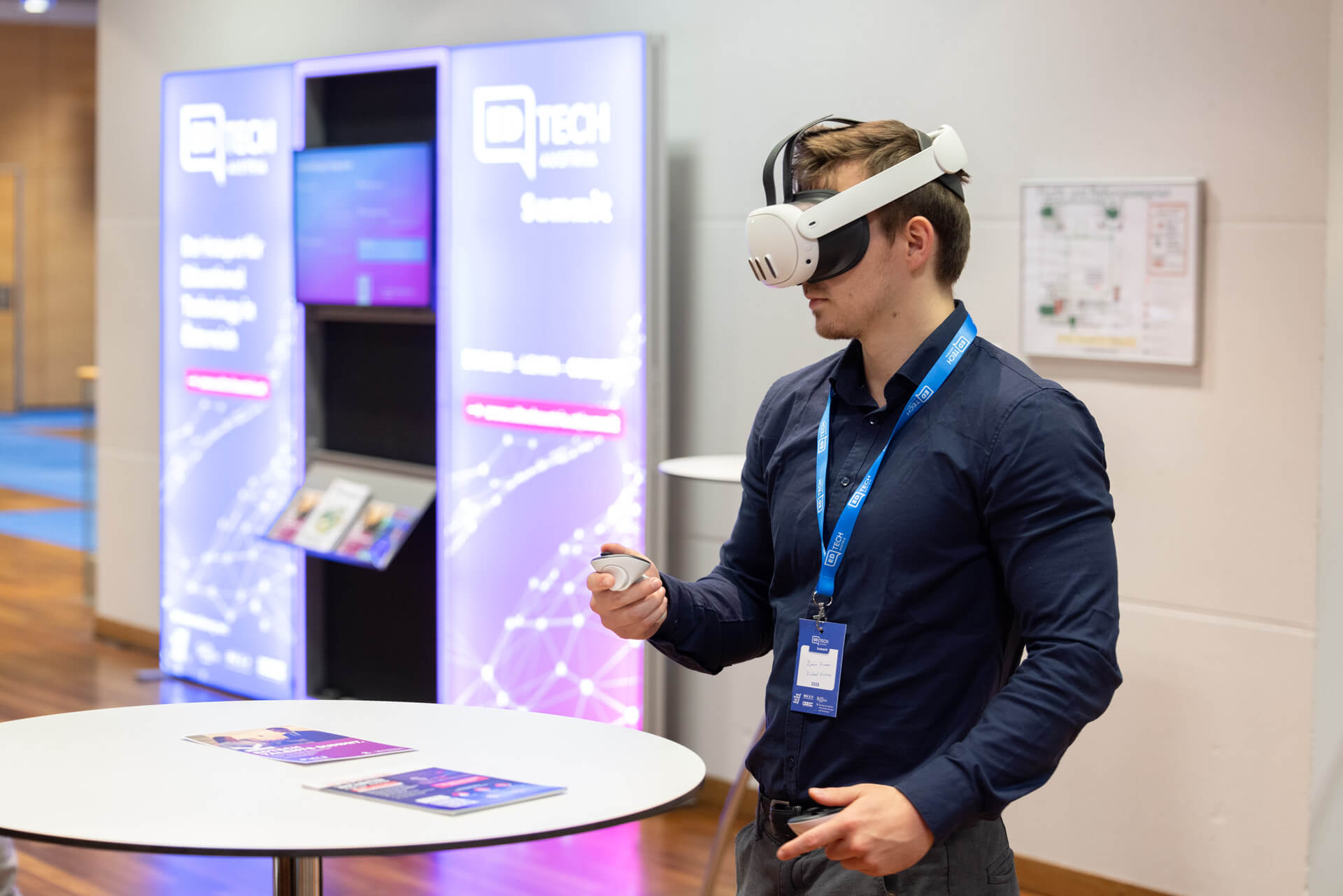
GenAIedTech: From Human to Machine
18. December 2025

Digital Roadshow: Learning Apps Marketplace
18. December 2025
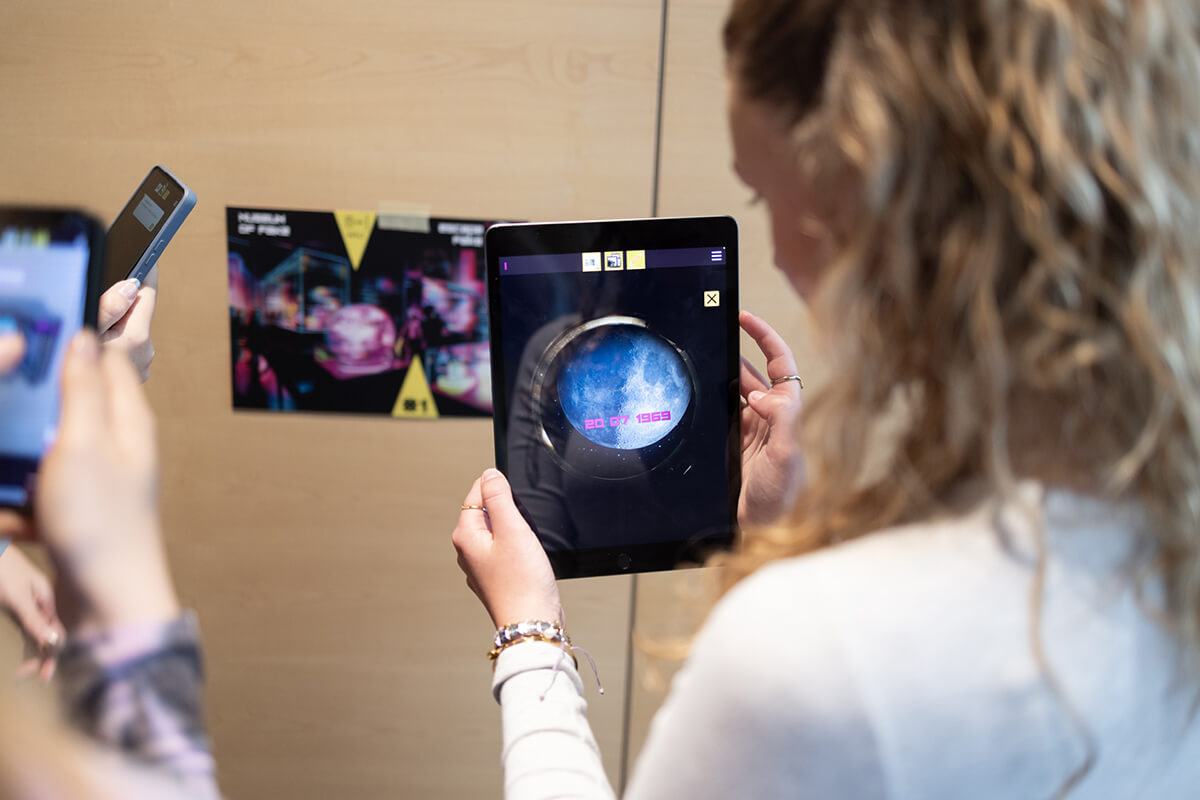
AR, VR and XR: Shaping Learning through Virtual Worlds
30. June 2025
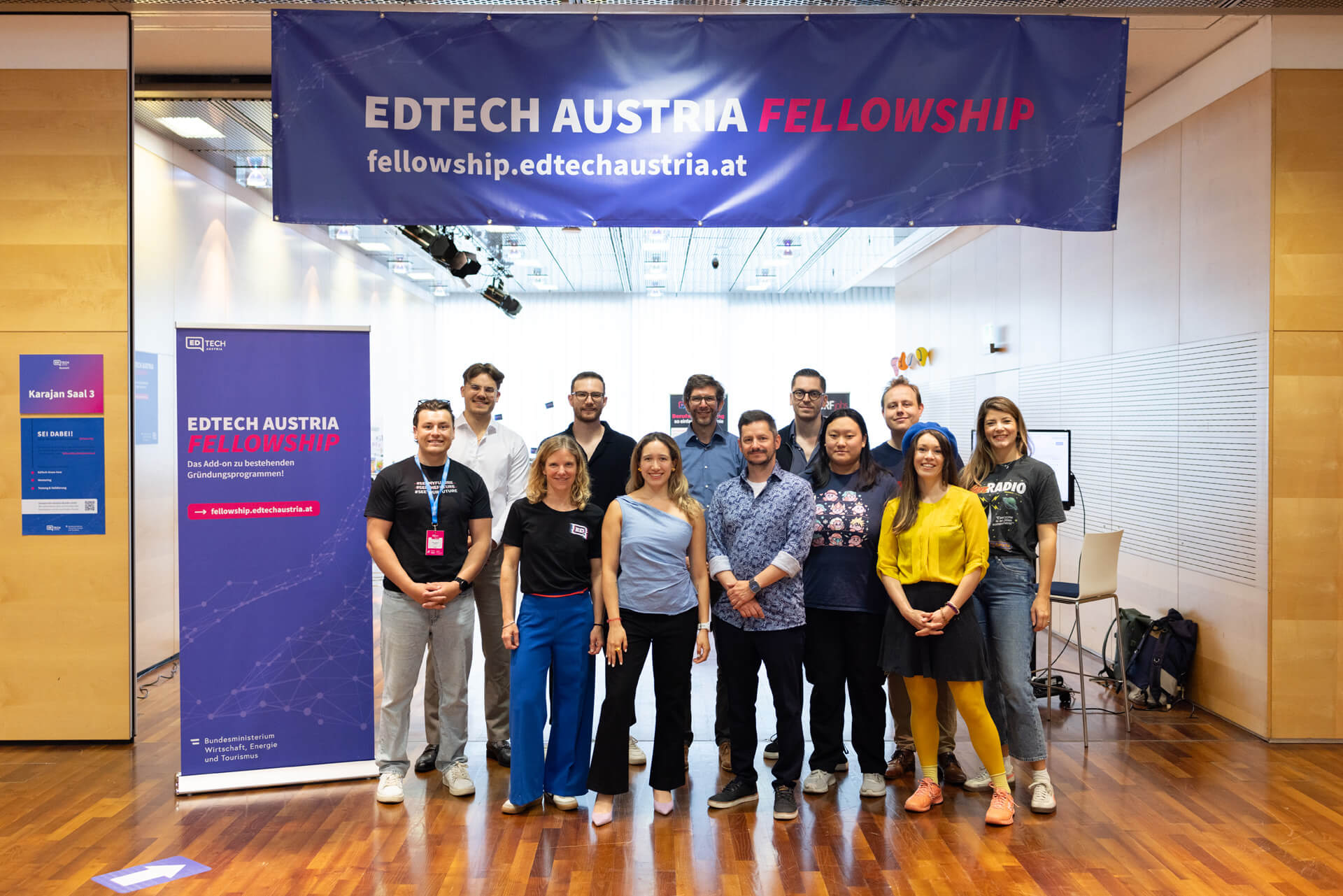
EdTech for all, all for EdTech – shaping the world of education together
18. June 2025
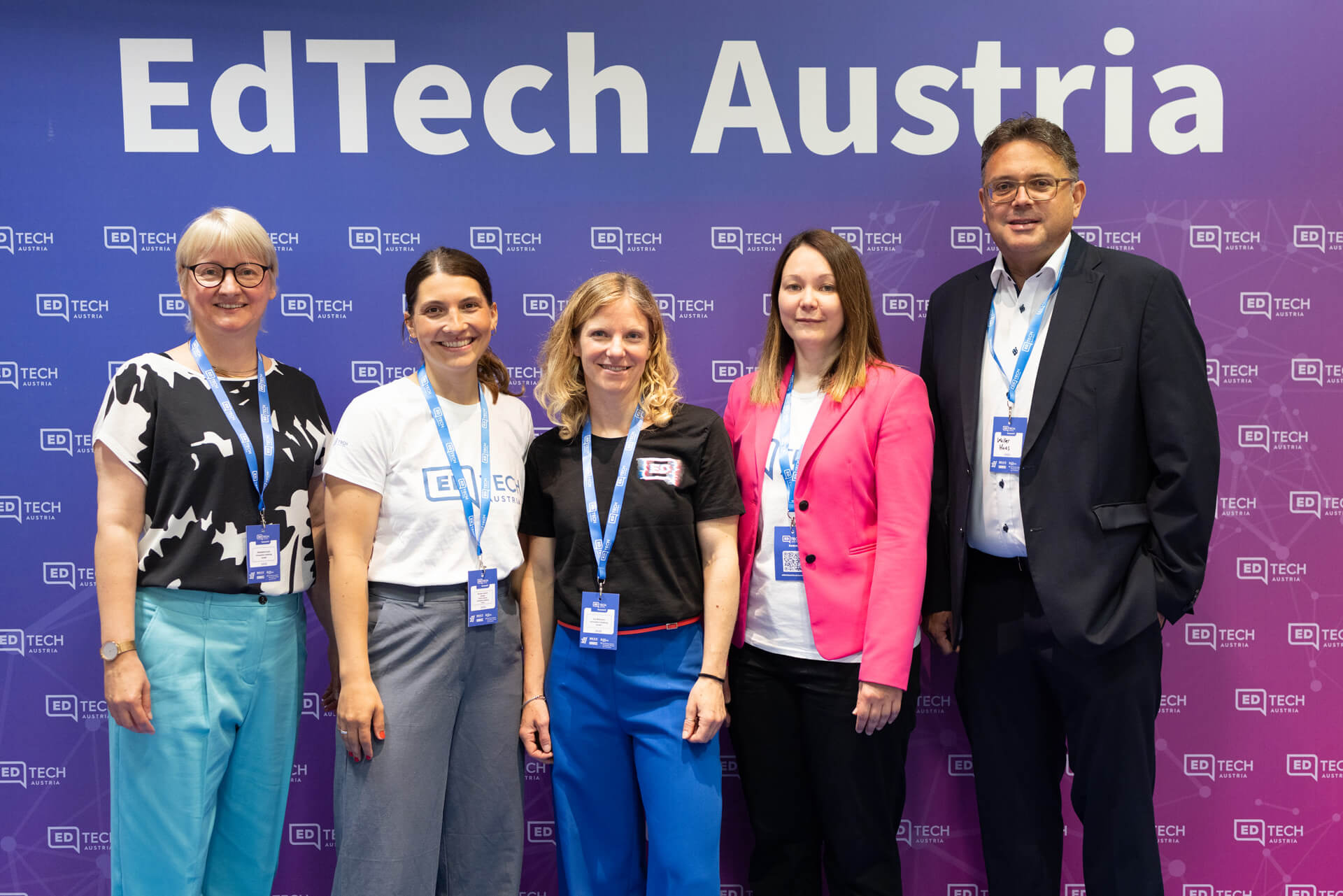
Real-World Practice Meets Innovation: The Fourth EdTech Austria Summit
3. June 2025
